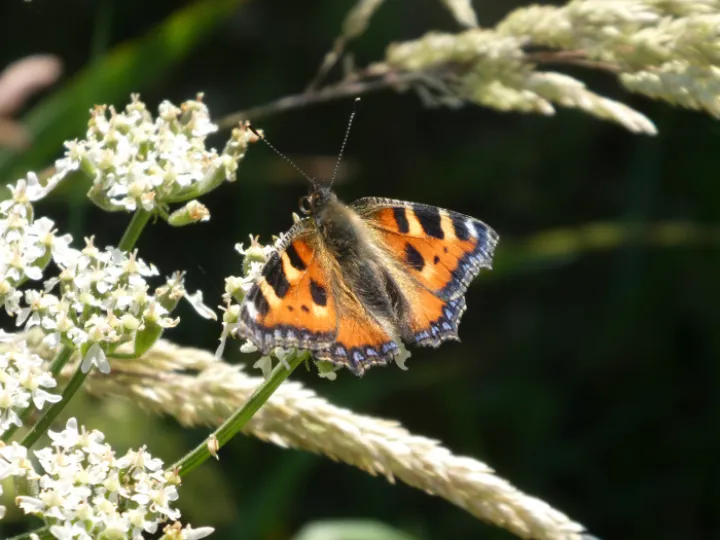Emerging from lockdown
We are all wrestling with the challenges of Covid 19 and it has impacted on society at many different levels. Volatile stock markets, job insecurity and business prospects, education, mental and physical health, family and friends. There is no aspect of life that has not been touched by the extraordinary events of the last three months. And the future has the same element of uncertainty: we all hope for a path back to normality; but every single one of us will – for the foreseeable future – make a judgement between self-isolation versus collective events, appropriate distancing verses meeting and greeting family and friends, as we expand the bubble of relationships. We, just as much as politicians and policy makers, will juggle with our own personal safety, mental health, economic stability and our relationships with others. Policy makers may set the framework, but exercising those choices rests with us. And the situation becomes more complicated as the range of freedoms increases.
Theologians have begun to wrestle with the significance of Covid-19; what has it taught us and what is God saying to us through our experience? That's not a simple question, though some will reduce it to absurdity – such as, it is God's judgement on the world for our sin (usually sexual). I am confident that it isn't, but Covid requires us to take seriously questions that are about judgement.
For example, it is highlighted the inequalities that exist within our society; proportionately more people die who come from deprived areas, and who are of black, Asian or minority communities. We have lived with those inequalities for centuries will we address them as lockdown eases? Societies have been faced with some stark choices between respecting human safety and promoting economic growth. The richest country in the world closes down its economy and within a few weeks 40 million Americans are accessing food banks. In the year before Covid 1.6m people had accessed food banks in the UK. It asks serious questions about the values we attach to wealth and whether wealth is for the enrichment of individuals or the well-being of all. We have learnt to value those who were previously under-valued within our society; the people who bring us the basics for life rather than the luxurious, the dedication of our health and care professionals and volunteers, the people who deal with our waste. We have valued as never before the health and well-being associated with green spaces and the natural world.
So Covid has challenged our priorities and that is a judgement; but it has also shown us that we are capable of change in ways we never thought possible. It has reminded us that amidst the fear and pain we are also capable of great heroism and self-sacrifice. These are all things of God – it's trite to say that Covid is God's judgement on the world, but God is speaking nevertheless.
Paul was not wrestling with Covid, but with what he believed was the imminent return of Christ and the final judgement. As he approached the end of his life he gave advice to his co-worker Timothy that still echoes through the centuries: "I solemnly urge you: proclaim the message, be persistent whether the time is favourable or unfavourable, convince, rebuke and encourage with the utmost patience in teaching......carry out your ministry fully." (2 Tim 4:2,5)
We make a difference by being the people of God; by promoting health and well-being, by addressing inequalities and demanding justice and equity, by being compassionate, by challenging the values of society and promoting a gospel of love and reconciliation. None of that would have stopped Covid from happening, but all of that is required as we move forward and build our post-Covid society.

